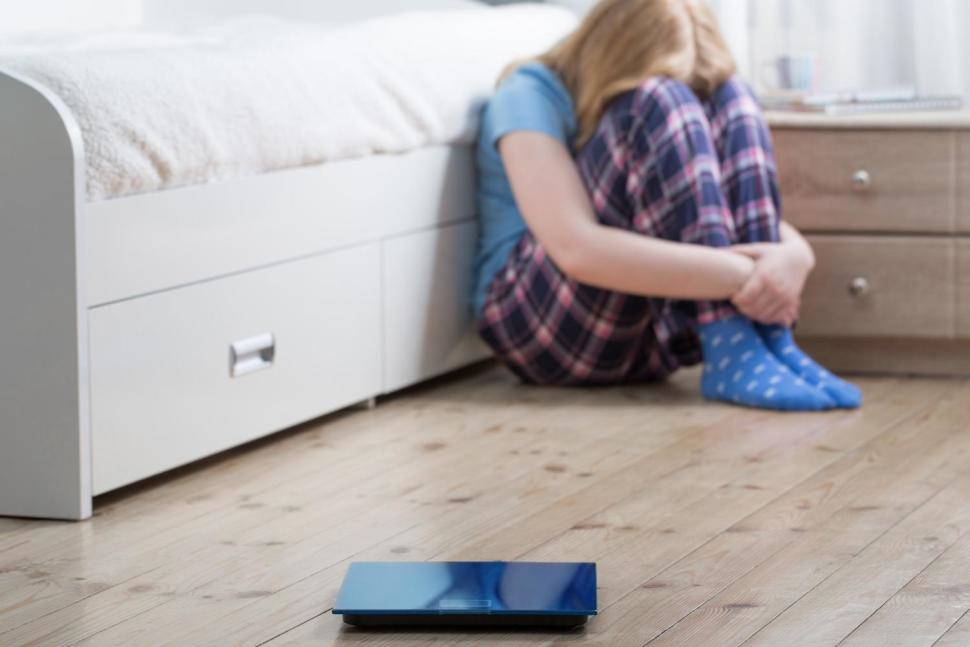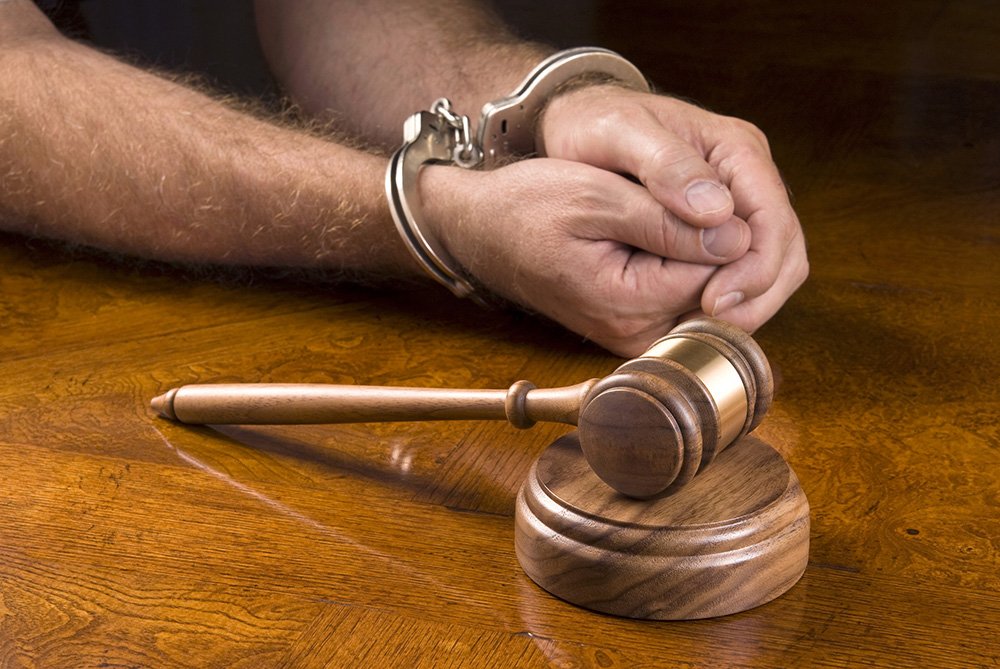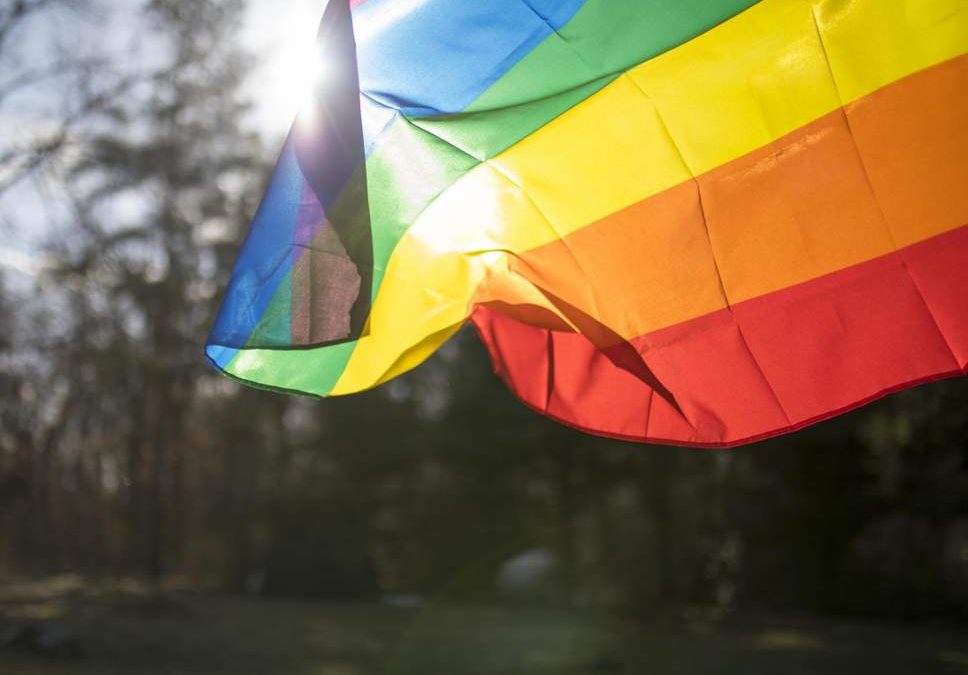By David DeKok
October 2018
[ecwid_product id=”117203937″ display=”picture title price options addtobag” version=”2″ show_border=”1″ show_price_on_button=”1″ center_align=”1″]


By David DeKok
October 2018
HARRISBURG, Pa. (Reuters) – Pennsylvania Governor Tom Wolf is expected to sign legislation on Friday raising the maximum penalty for fraternity hazing to a felony, carrying up to seven years in prison.

Hannah Sparks
The battle of good versus evil just got a lot more complicated.The superhero genre dominates the film industry, with “The Avengers: Infinity War” alone muscling up more than $2 billion in worldwide box office revenue since April. And while most are hyped as family-friendly flicks filled with positive messaging, a new American Academy of Pediatrics study finds comic adaptations as anything but funny.

‘It was painful for me – it made me feel like I shouldn’t really be living’
Eleanor Busby Education Correspondent
Nearly half of school pupils have heard friends use language that is discriminatory or negative towards LGBT+ students, research finds. More than one in three (35 per cent) young people have been called gay or lesbian as an insult, according to the new survey from The Diana Award charity. The poll, of children aged between 11 and 16, found that nearly half of young people (43 per cent) have heard their friends use language that is discriminatory or negative towards being LGBT+.
For The Rest Of The Story Click Here
[ecwid_product id=”117241753″ display=”picture title price options addtobag” version=”2″ show_border=”1″ show_price_on_button=”1″ center_align=”1″]